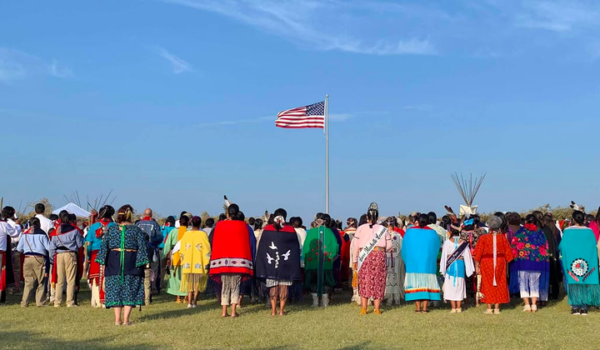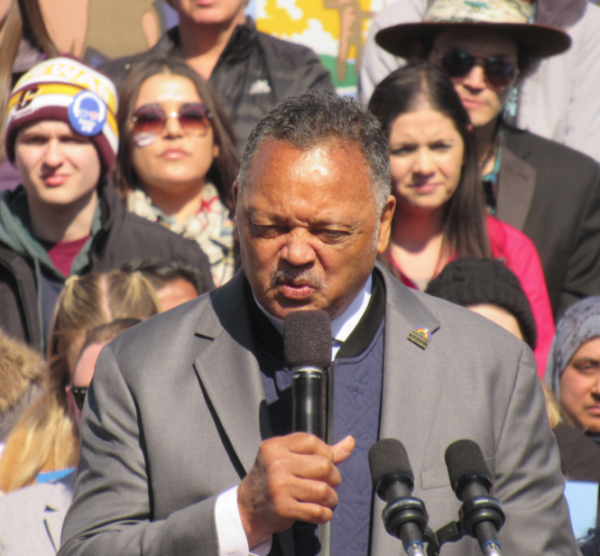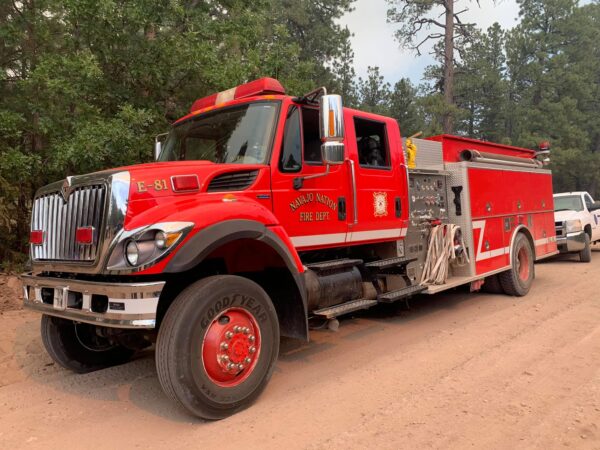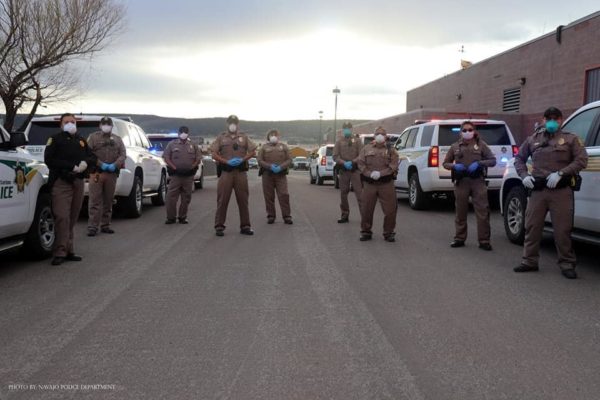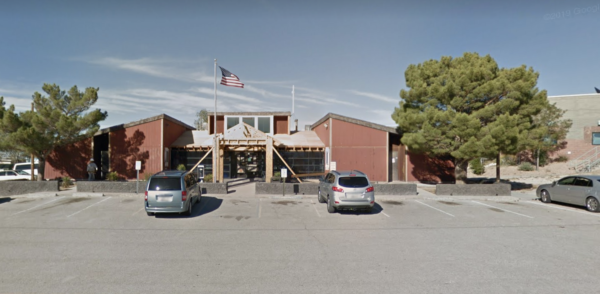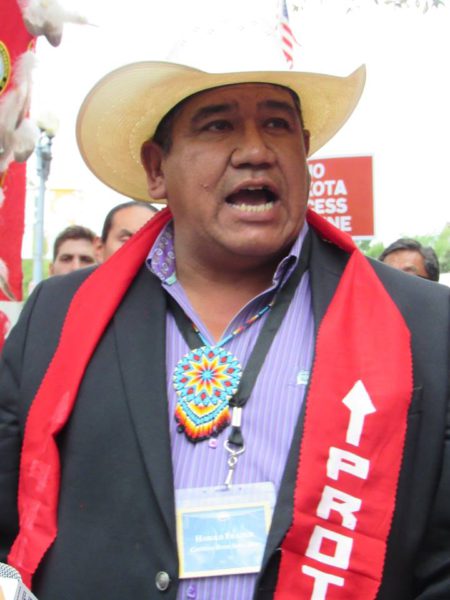Currents
- Type: Default
- Ad Visibility: Show Article Ads
- Reader Survey Question: No Question
- Video Poster: https://nativenewsonline.net/images/10_Years_Logo.png
KEYSTONE, S.D. — In a twist of irony, American Indian protesters were met by Trump supporters yelling “go home” near the entry to Mount Rushmore on Friday.
- Details
- By Levi Rickert
- Type: Default
- Ad Visibility: Show Article Ads
- Reader Survey Question: No Question
- Video Poster: https://nativenewsonline.net/images/10_Years_Logo.png
Editor’s Note: This article was first published in the Smithsonian Magazine. Used with permission. All rights reserved.
- Details
- By Dennis W Zotigh
- Type: Default
- Ad Visibility: Show Article Ads
- Reader Survey Question: No Question
- Video Poster: https://nativenewsonline.net/images/10_Years_Logo.png
WASHINGTON — In a unique program, the National Congress of American Indians (NCAI) and the Reverend Jesse Jackson, Sr. and Rainbow PUSH Coalition will come together in a special town hall titled “The Untold Story of America” on Saturday, July 4, 2020 from 10 a.m. – 11:30 a.m. – EDT.
- Details
- By Native News Online Staff
- Type: Default
- Ad Visibility: Show Article Ads
- Reader Survey Question: No Question
- Video Poster: https://nativenewsonline.net/images/10_Years_Logo.png
WINDOW ROCK, Ariz. — Already working to control the spread of COVID-19 on the Navajo Indian Reservation, Navajo Nation leaders on Thursday urged its tribal residents and visitors to avoid using fireworks over the Fourth of July weekend.
- Details
- By Levi Rickert
- Type: Default
- Ad Visibility: Show Article Ads
- Reader Survey Question: No Question
- Video Poster: https://nativenewsonline.net/images/10_Years_Logo.png
SACRAMENTO — Bipartisan legislation in the California Assembly would encourage the state’s public institutions to recognize Native American tribes as traditional stewards of the land where schools, parks, libraries or museums are located.
- Details
- By Nanette Kelley
- Type: Default
- Ad Visibility: Show Article Ads
- Reader Survey Question: No Question
- Video Poster: https://nativenewsonline.net/images/10_Years_Logo.png
COLUMBUS, Ohio — A statue of Christopher Columbus that stood outside City Hall in Columbus for almost 65 years was removed without incident by a crane on Wednesday morning.
- Details
- By Native News Online Staff
- Type: Default
- Ad Visibility: Show Article Ads
- Reader Survey Question: No Question
- Video Poster: https://nativenewsonline.net/images/10_Years_Logo.png
Published July 1, 2020
5,218 recoveries, 17 new cases, one more death reported as Navajo Nation extends emergency declaration, government closure, and weekend lockdowns
WINDOW ROCK, Ariz. — Coupled with a surge of COVID-19 cases in Arizona and on the Navajo Indian Reservation, Navajo Nation officials on Tuesday have extended a state of emergency that keeps government offices and entities closed until July 26, 2020.
- Details
- By Native News Online Staff
- Type: Default
- Ad Visibility: Show Article Ads
- Reader Survey Question: No Question
- Video Poster: https://nativenewsonline.net/images/10_Years_Logo.png
PEACH SPRINGS, Ariz. — The Hualapai Tribe of northwestern Arizona has passed a temporary prohibition resolution to help keep its tribal members safe during the COVID-19 pandemic.
- Details
- By Tamara Ikenberg
- Type: Default
- Ad Visibility: Show Article Ads
- Reader Survey Question: No Question
- Video Poster: https://nativenewsonline.net/images/10_Years_Logo.png
EAGLE BUTTE, S.D. — The upcoming presidential visit by President Donald Trump to Mount Rushmore has created quite a stir in Indian Country.
- Details
- By Native News Online Staff


